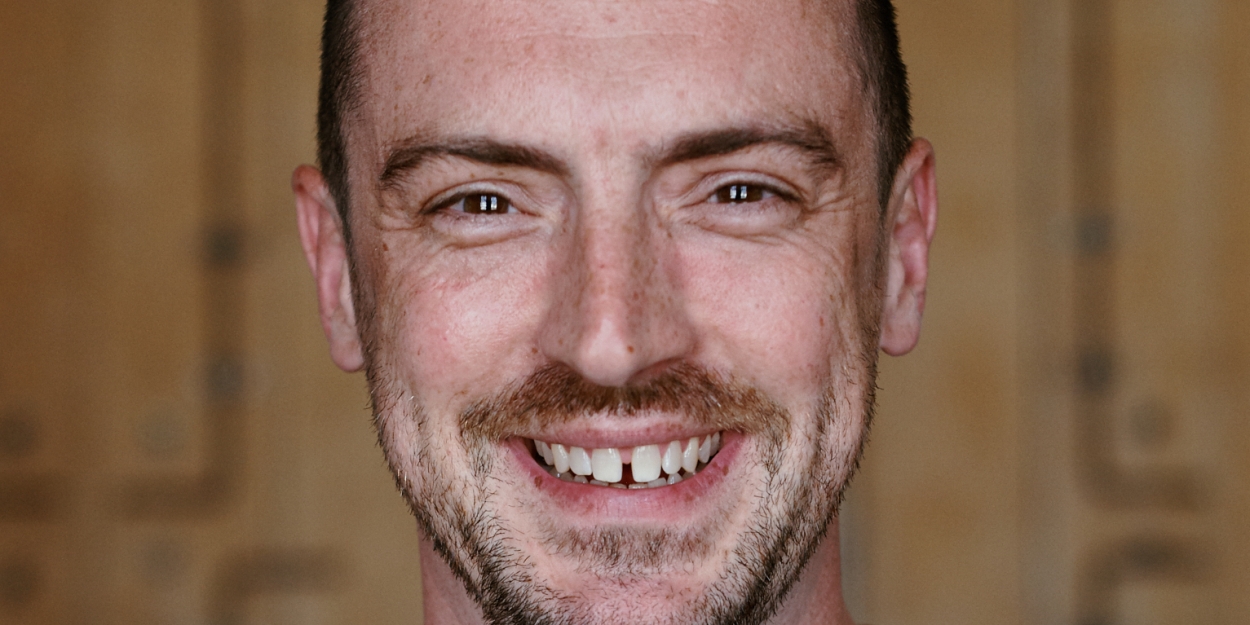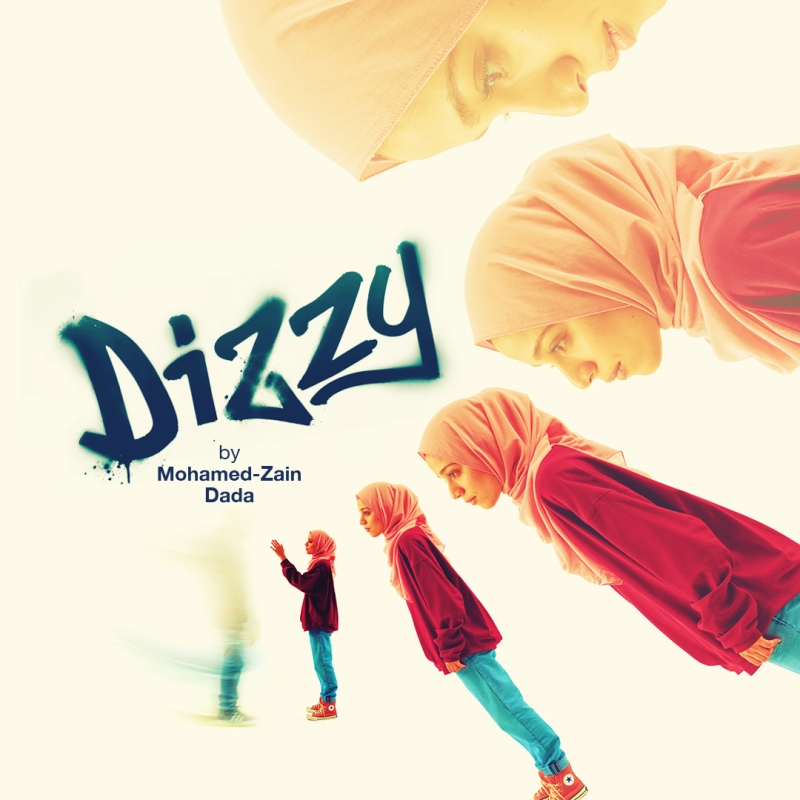Guest Blog: Director Rob Watt on Collaboration, Loss and Authenticity in DIZZY
'From the beginning, Dizzy has been more than just a show'

From the beginning, Dizzy has been more than just a show—it’s a reflection of the conversations, emotions, and experiences that have shaped the lives of young people today.
At Theatre Centre, collaboration is at the core of our work, and this production is no exception. Dizzy was developed through our ‘Future Makers’ process, which involves working directly with young people to ensure that the stories we tell resonate deeply. This process was crucial in shaping the story.

What stood out in these conversations was how deeply young people have been affected by loss, particularly in the aftermath of the pandemic. Whether it was the loss of loved ones, missed opportunities, or a shaken sense of identity, there was a strong need for spaces where they could openly express these emotions—especially the often-taboo subject of death.
Our brilliant writer, Mohamed-Zain Dada used these insights to craft Dizzy, capturing the rawness of grief and resilience through the eyes of Qamar, a young girl dealing with the loss of her brother Yaseen. The play isn’t just about death; it’s about the strength it takes to move forward when your world has been turned upside down. This level of authenticity wouldn’t have been possible without the Future Makers process, and it’s something I’m incredibly proud of.
Another key collaborator was graffiti writer Cherry Bee, whose expertise in street art brought a vital layer of authenticity to the show. He didn’t just advise us—he immersed himself in the story, helping us explore how graffiti can serve as both memory and rebellion and how graffiti became a way for the characters to leave their mark on the world.
%20in%20rehearsals%20for%20Dizzy_%20Photo%20by%20Chris%20Saunders_.jpg)
Photo Credit: Chris Saunders
As the director, my role was like that of a conductor, harmonising the different elements—sound, movement, lighting, and the performances themselves—into a cohesive and resonant experience. One of the most intriguing challenges in Dizzy was working with a character who isn’t physically present on stage. Yaseen, Qamar’s deceased brother, only exists as a voice heard through recordings. This decision was intentional, designed to make the audience feel Qamar’s grief as something intangible and ever-present, much like the loss of someone close to us.
Directing a character who is only present through sound posed its own challenges. I worked closely with our sound designer, Mwen, to ensure that Yaseen’s voice enveloped the audience, drawing them into Qamar’s emotional world even though he’s not physically there. It was a process of experimentation—finding how Qamar interacts with the memory of her brother and ensuring that the audience feels that connection.
One of the most rewarding aspects of directing Dizzy has been the collaborative spirit in the rehearsal room. I believe the best ideas come from creating an open space where people can freely contribute, challenge, and refine the work. From our movement director Yami to our production manager Herbie, every team member brought their expertise to the table, helping build the immersive world of the play.
%20and%20Brendan%20Barclay%20(Stax)%20in%20rehearsals%20for%20Dizzy_%20Photo%20by%20Chris%20Saunders_.jpg)
Photo Credit: Chris Saunders
Working with such a passionate and talented cast has been magical. The actors bring new insights to their characters every day, making the rehearsal process rich with discovery. This ongoing dialogue in the rehearsal room has made the final product far more nuanced and dynamic.
As we bring Dizzy to audiences, both in theatres and schools, I’m excited about the conversations it will ignite. This isn’t just a story about loss—it’s about resilience, finding meaning amidst chaos, and the small moments of connection that help us heal. Whether you’re a young person grappling with your identity or someone who’s experienced grief, Dizzy is a journey we can all relate to.
Dizzy by Mohamed Zain-Dada runs until 12 October at Sheffield Theatres (Tanya Moiseiwitsch Playhouse) before touring to The Hawth, Crawley on 9 November, and Half Moon Theatre, London, 14-16 November.
Main Photo Credit: Suzi Corker
Comments

Videos
.png)